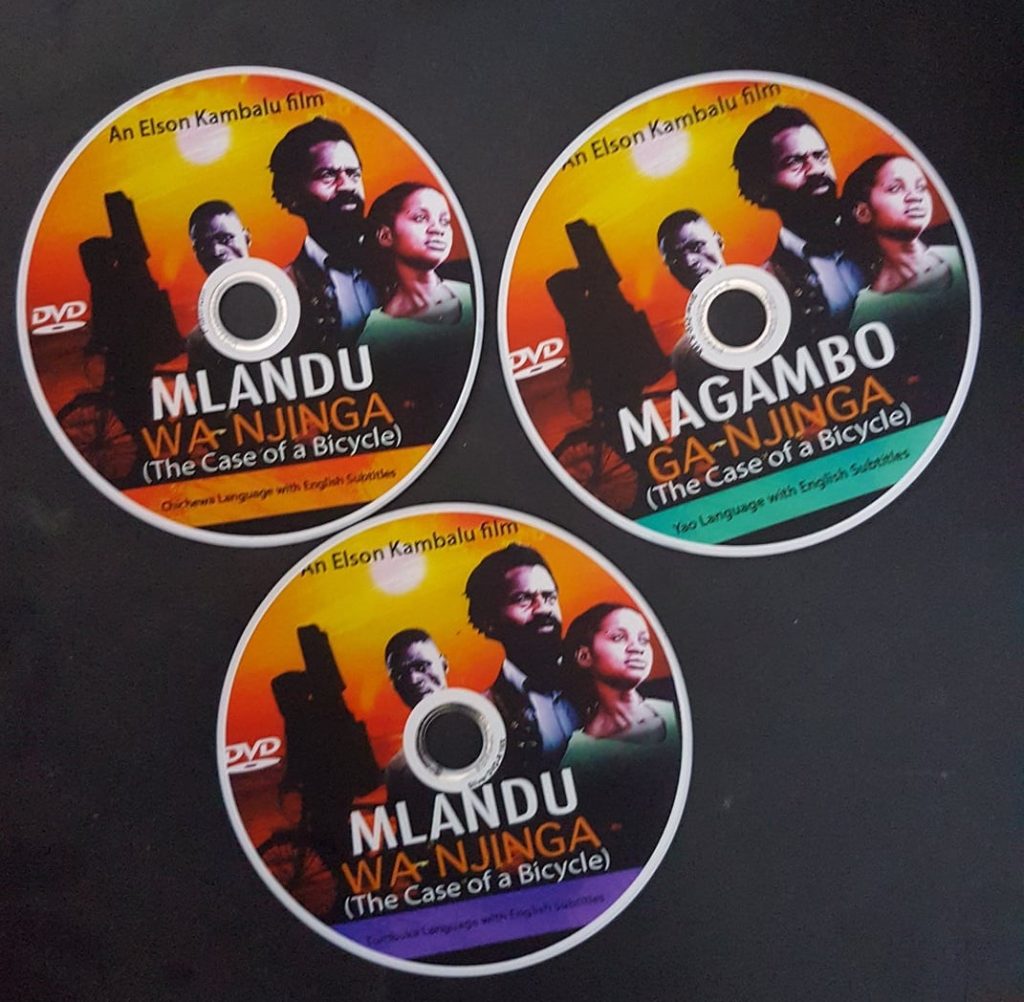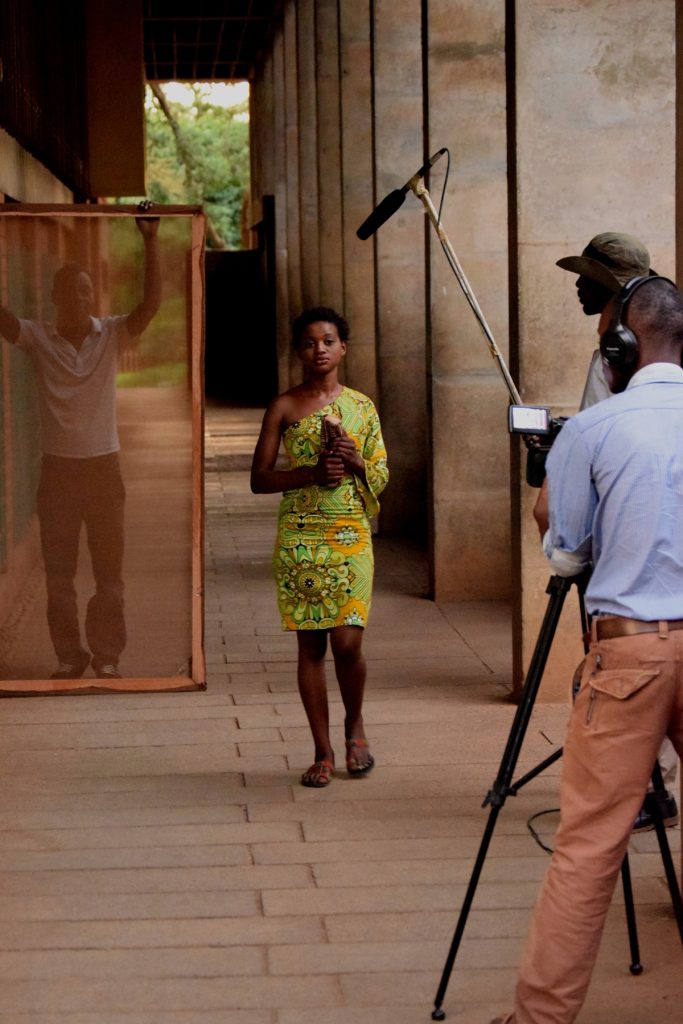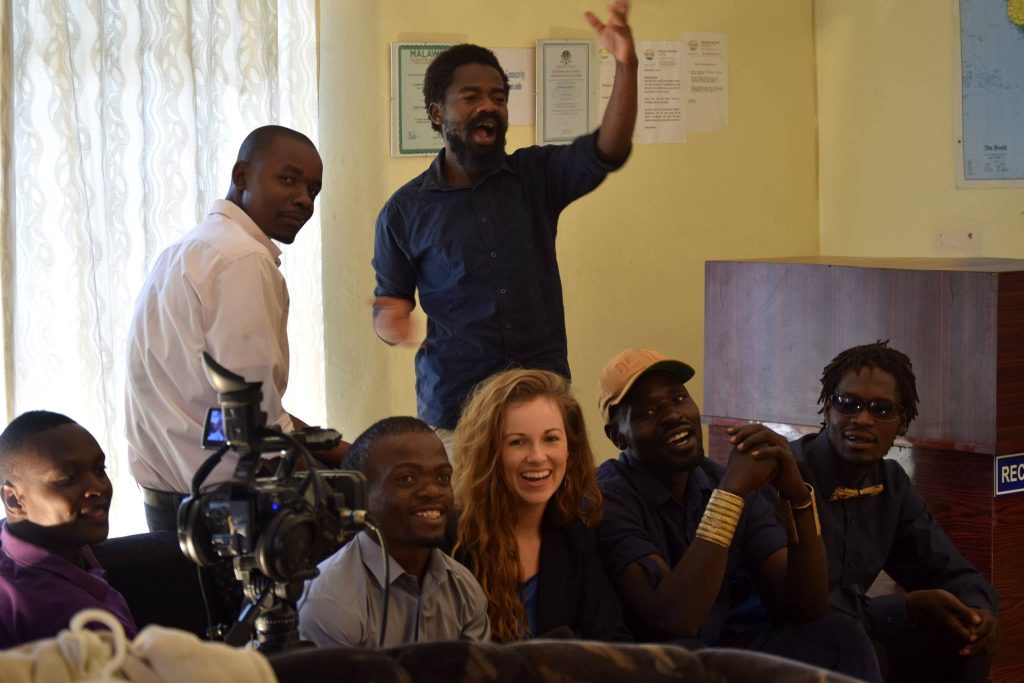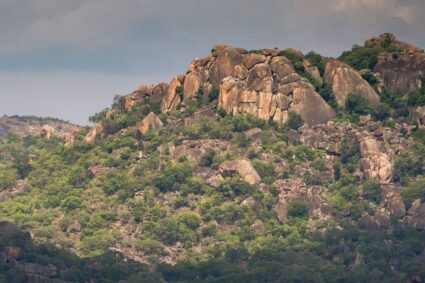The EU Film Festival-Malawi is just around the corner, kicking off on September 29th and running through October 1st. Among the films and documentaries to be screened is Mlandu Wanjinga, a classic and unique film written and directed by the multi-talented Elson Kambalu.
Produced six years ago, the film remains popular in cinemas today. In a recent conversation with our reporter, Kambalu discussed why the film is still a favorite among many viewers and why cinematographers are drawn to Southern African documentaries and films.
TR: Can you please introduce yourself to our readers?
EK: My name is Elson Kambalu, Visual Artist, Gallerist and Film Maker, based in Lilongwe Malawi
TR: Can you describe the film and other sectors of the arts industry in Malawi?
EK: Both the film and arts industries in Malawi have grown significantly in the past two decades. Twenty years ago, we didn’t have the number or caliber of artists and filmmakers that we have today. Social media has played a major role in exposing artists and filmmakers to new perspectives and ways of working.
TR: What inspired you to write and direct the film Mlandu Wanjinga?
EK: I wanted to create a high-quality film to fill the void of great Malawian films. It all started with one line.
TR: The film Mlandu Wanjinga was produced in 2017, but it is still popular in 2023. What factors do you think contribute to its enduring popularity?
EK: I believe we produced a classic film. It was meticulously produced, despite some technical flaws. Ironically, it was never fully released to the public, which may contribute to its enduring popularity.
TR: Could you please tell us who played which roles in the main cast and production team of the film?
EK: The lead actor, Ralph Luga Chapinga, played Ntaja. His nemesis, Dolo, was played by Kossam Jason. Princess Tapiwa Chilambula was the lead actress. The editing was done by Tendayi Kapwiyo, Steve Khenai, and Isaac Zuze.
TR: As a film director, what does it mean to have your film showcased at the EU/Malawi Film Festival?
EK: It is a great honor to have my film showcased at the EU/Malawi Film Festival. It is a validation of the effort and dedication that went into producing it. Filmmaking is an expensive and complicated endeavor, so it is especially meaningful to have my work recognized in this way.



TR: How was the public response to the film when it was screened at the LPAFF in Kenya?
EK: The audience enjoyed the film, and we were honored to receive a semi-finalist award.
TR: One might also wonder how much the film cost to produce.
EK: The film was expensive to produce. I’m not at liberty to disclose the exact amount, but it was a lot. This was due in part to the large number of extras in the film, who we paid fairly.
TR: To conclude, there is a growing interest in Southern African films among global audiences. What do you think might be the reason?
EK: I believe this is our time as Africans to show what we have. The prevalence of Afropop, the emergence of new crop of artists who are exporting African Art to the world means that there is a surge of interest in all things African. The Southern Part is working hard to invest in quality work and great content. I’m happy to be part of this era and I believe it’s just the beginning of a major paradigm shift in content preferences.



